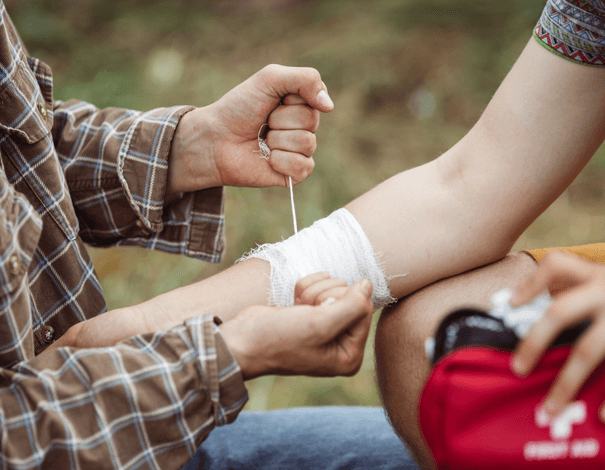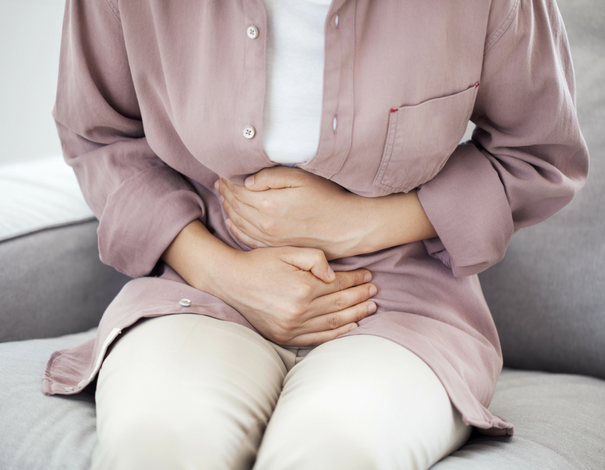Travel Health Checklist
Here is a checklist to help you make sure you have everything you need for your trip, depending on your destination and your health condition(s).
Book an appointment with your pharmacy 4-6 weeks before your trip and ensure the following:
Are vaccines required for my destination?
Is malaria prevention required?
Do I need medication for traveller’s diarrhea?
Will I be at risk of developing altitude (mountain) sickness?
Should I take any other precautions associated with my itinerary?
Book an appointment with your family doctor if you have chronic illnesses or are pregnant to ensure the following:
Is my condition stable? Is it safe for me to travel?
Do my prescriptions need to be renewed?
Do I have enough medication and medical supplies for the duration of the trip?
Do I need permission to travel with my medication? (narcotics, injectables)
Prepare a travel first-aid kit:
Adhesive bandages
Alcohol-based hand sanitizer
Antiseptic wound cleanser
Blister pads or moleskin
Disposable latex or vinyl gloves
Gauze and adhesive tape
Safety pins and scissors
Tensor bandages
Tweezers
Hot and cold packs
Additional items to consider packing include:
Aloe vera gel
Contraceptives
Insect repellent (containing DEET or Icaridin)
Ear plugs
Extra pair of glasses or contact lenses (or copy of prescription) and contact lens solution
Mosquito net
Saline eye drops
Sleep mask
Sunscreen
Water purification filter or tablets
Make sure you have sufficient quantities of prescription medications, routinely used non-prescription medications, and medications you may want on hand to treat illness during your travels. If in doubt, ask your pharmacist for recommendations of products that are suitable. They will consider your destination, your medical conditions and check for interactions with other medications that you take.
Consult your pharmacist for a pre-travel consultation for any of the following concerns:
Any prescription or non-prescription medicines normally used at home
Syringes or needles for medical use1
Allergy medication
Antacids
Antibacterial and anti-fungal medication including spray/cream
Anti-diarrheal medication
Laxatives
Pain and fever medication
Cold sore medication
Cough drops and throat lozenges
Decongestants
Eye drops
Hemorrhoid medication
Hydrocortisone cream
Motion sickness medication
Packets of oral rehydration salts
Skin creams
Sleep aids
Urinary tract infection medication
Vaginitis or yeast infection medication
1 or 2 weeks prior to departure, visit the pharmacy.
Purchase missing items for your travel health kit, including any other medicines you would like to have on hand during your trip.
Purchase required medications for disease prevention, such as malaria medications, which should be started 1-2 weeks prior to departure.
Order a vacation supply of your routine prescription medications.
Ask for an up-to-date list of your medications. You may also consider receiving a more thorough medication review or assessment prior to your trip.
If you have severe allergies, make sure your epinephrine injection device does not expire during your trip.
If you will be crossing time zones and taking time-sensitive medications (diabetes medications, medications to be taken on an empty stomach or with food), ask your pharmacist for a plan to adjust your dosing schedule to the new time zone.
If travelling with children:
Make sure routine immunizations are up to date. Also find out whether vaccines or other travel medications are required or recommended for your itinerary.
Pack medications to treat common conditions that may arise, such as fever or allergies.
In addition to medications, your trip preparations should also include packing the following important documents:
Make a contact card with the following information:
Contact information for a family member or friend in Canada
Contact information for your health care provider
Address and phone number of your accommodation at your destination
Address and phone number of hospitals or clinics at your destination
Contact information of the Canadian Embassy, Consulate or High Commission office in your destination(s)
Emergency phone number from your travel health insurance provider
Proof of insurance coverage
Copy of immunization records
Passport
An up-to-date list of all your medications
Your pharmacist is an important ally in preparing for your trip and can make a real difference in providing peace of mind while you’re away from home. Make sure you benefit from his or her advice before you leave and enjoy your travels!
1. If traveling with sharps, ensure that needle guards are intact and that you have the accompanying pharmacy-labeled prescription medications. Bring documents to support or explain their use e.g. medication list including insulin, B12 or other injections.
The pharmacy services presented in this section are offered by pharmacist owners who are affiliated with Proxim. The pharmacists are solely responsible for the professional activities carried out during the practice of pharmacy.
The information contained herein is provided for informational purposes only and is not intended to provide complete information on the subject matter or to replace the advice of a health professional. This information does not constitute medical consultation, diagnosis or opinion and should not be interpreted as such. Please consult your health care provider if you have any questions about your health, medications or treatment.




